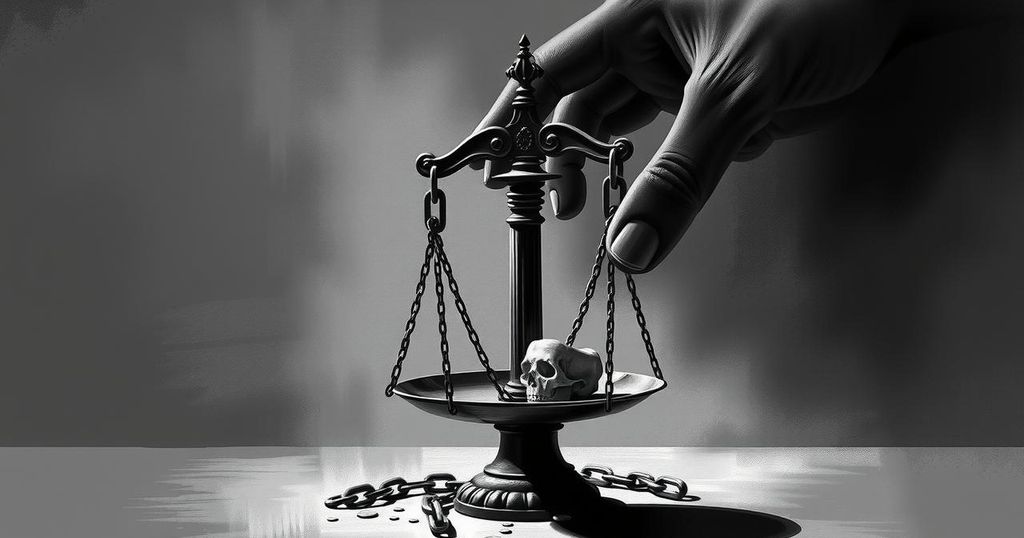Peru has passed a controversial anti-NGO law that restricts civil society from suing the state for human rights violations, raising alarms among activists about justice accessibility for vulnerable groups. Supporters claim it enhances transparency, while opponents argue it threatens NGO independence. The law’s passage signifies increasing governmental control over civil society, a development seen as detrimental to human rights advocacy.
Human rights organizations in Peru have expressed significant concern regarding a newly enacted anti-NGO law, which restricts civil society groups from pursuing legal action against the state for human rights violations. This legislation is perceived as a barrier to justice for vulnerable populations within the country. The Peruvian Congress, which has low approval ratings, passed the law with 81 votes in favor, reinforcing governmental control over international aid and potentially jeopardizing the independence of non-profit organizations.
Supporters of the law argue that it enhances transparency regarding funding for civil society and increases governmental oversight of foreign influence. However, this assertion has been met with skepticism, particularly from activists who argue that the law undermines the ability of NGOs to defend human rights. Alejandro Aguinaga, a lawmaker associated with the rightwing Fuerza Popular party, criticized NGOs, claiming they exploit international cooperation for personal gain.
Carlos Rivera, director of the Legal Defense Institute, described the legislation as “simply brutal,” warning of its potentially catastrophic effects on the legal support available to victims of human rights abuses, the vast majority of whom rely on NGOs for representation. The law also imposes harsh penalties for NGOs that dare to challenge the government legally.
Julia Urrunaga, from the Environmental Investigation Agency, refuted claims that NGOs lack accountability, affirming that these organizations operate under stringent regulations. She stated that the law seeks to strip civil society of its independence, thereby hampering efforts to protect basic human rights. Indigenous rights advocate organization Orpio characterized the law as a detrimental obstacle to justice and fundamental rights.
Given its history of military governance and civil unrest, Peru has witnessed the essential involvement of civil society organizations in fostering national resilience. Yet, a reactionary sentiment has emerged, linking international aid to political manipulation. In response to this narrative, President Dina Boluarte has vehemently criticized NGOs, framing their human rights advocacy as a threat to state authority, despite her own ongoing legal investigations regarding her conduct during anti-government protests.
The passage of Peru’s anti-NGO law has raised alarms regarding the future of human rights advocacy in the country. Critics believe that this legislation undermines essential justice mechanisms for vulnerable populations and threatens the independence of non-profit organizations. As governmental scrutiny increases over civil society, it is critical to recognize the historical significance of these organizations in promoting accountability and human rights in Peru.
Original Source: www.theguardian.com






